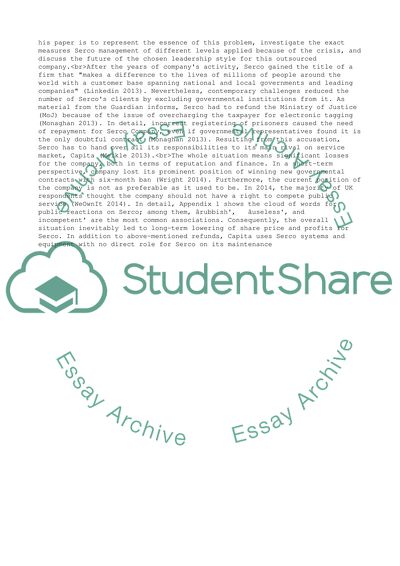Cite this document
(Managing People: Leadership and Management Essay, n.d.)
Managing People: Leadership and Management Essay. https://studentshare.org/management/1881791-managing-people-leadership-and-management
Managing People: Leadership and Management Essay. https://studentshare.org/management/1881791-managing-people-leadership-and-management
(Managing People: Leadership and Management Essay)
Managing People: Leadership and Management Essay. https://studentshare.org/management/1881791-managing-people-leadership-and-management.
Managing People: Leadership and Management Essay. https://studentshare.org/management/1881791-managing-people-leadership-and-management.
“Managing People: Leadership and Management Essay”. https://studentshare.org/management/1881791-managing-people-leadership-and-management.


